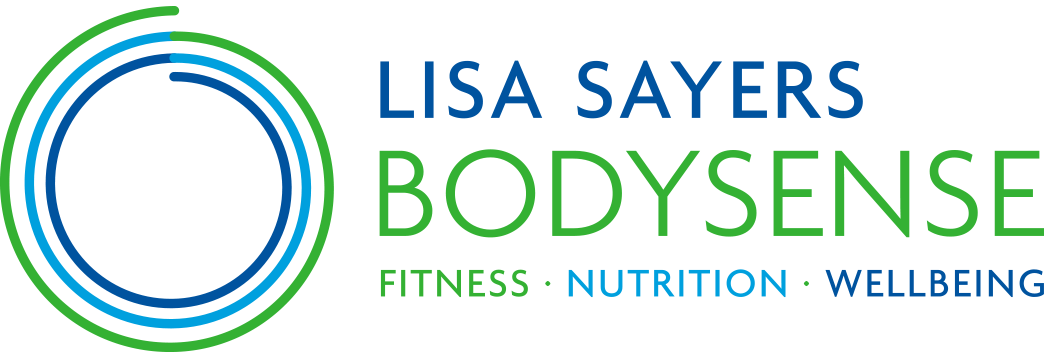Regular exercise is linked to a reduction in high blood pressure. Studies show that those who are inactive are 35% more likely to develop high blood pressure.
New guidelines for high blood pressure prevention and management suggest that people with a systolic (top number of reading) blood pressure of 120-139 mmHg, or a diastolic (bottom number of the reading) blood pressure of 80-89 mmHg should be considered as pre-hypertensive (high blood pressure) and are recommended to make lifestyle changes to prevent heart disease, which include regular exercise for at least 30 minutes per day, on most days of the week.
Part of your coaching would include an assessment of:
- Lifestyle
- Diet, particularly sodium, fats and alcohol intake
- Activity levels
- Family history of heart disease
- Stress levels
Your programme may include:
- Education on potential lifestyle changes
- Personalised diet plan to help reduce LDL cholesteral, blood triglycerides and weight (if necessary)
- Stress management
- Exercise choices that reduce your risk of raising your blood pressure during performance.
- Consultation with your GP/cardiologist and regular recording of your blood pressure to monitor improvements and possible dosage changes needed to prescription medicines that you are taking to lower your blood pressure
Personal Training | 1. Weight Loss | 2. Body Toning | 3. Postural Training | 4. Back Pain Recovery | 5. Rehabilitation
6. Recovery from Surgery | 7. Senior’s Fitness | 8. Children’s Fitness | 9. Stress Management | 10. Corporate Wellness | 11. Diabetes
12. Asthma | 13. Heart Disease | 14. High Blood Pressure | 15. Cancer | 16. Osteoarthritis | 17. Rheumatoid Arthritis | 18. Osteoporosis

